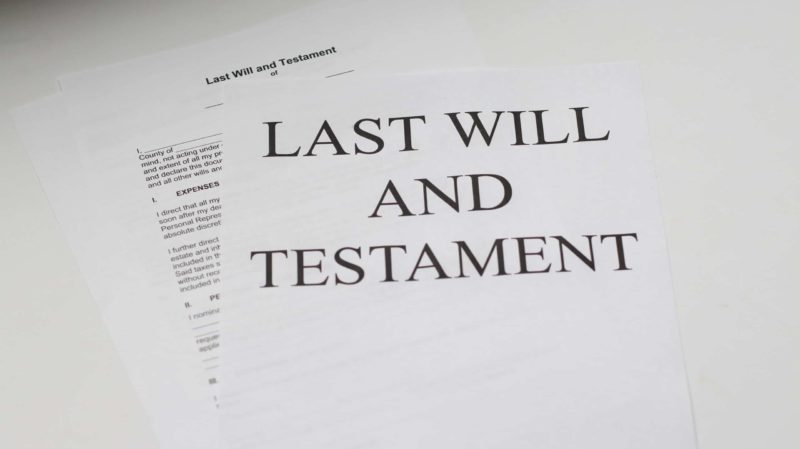Estate planning can be associated with topics we don’t like to think about – complicated family dynamics, the fear of becoming incapacitated, and the thought of our death. Estate plans don’t need to be complicated arrangements to serve an important purpose. In its simplest form, an effective estate plan ensures that your assets will pass to your chosen beneficiaries without undue cost or stress for the surviving family members upon your death. While there are many options to achieve this, a revocable trust is a versatile vehicle that can provide multiple benefits – even before you pass.
WHAT IS A REVOCABLE TRUST?
A revocable trust is a flexible document which can be used in conjunction with – or instead of – a will. An individual and their spouse can create individual trusts, a joint trust, or both. As the name implies, the terms can be changed or revoked at any time. The governing document outlines how any property held by the trust will pass upon death. As trust creator, or grantor, you retain full control over the assets during your lifetime. The trust then becomes irrevocable at your death and will distribute or remain in trust according to your wishes.
ADVANTAGES
Prevent Conservatorship
A revocable trust remains intact even in the event of your mental or physical incapacitation. The trust allows you to decide well in advance who would control your assets in the event of your incapacity. Absent this documentation, the court would instead name a conservator to make decisions on your behalf. This unfavorable position can be avoided by using a revocable trust to name a successor to seamlessly begin management of your financial affairs without any court intervention.
Avoid Probate
Unlike a will, a revocable trust does not undergo the probate process. Probate is the administrative court proceeding of carrying out the terms of a last will and testament. A personal representative is appointed and the distribution of assets is supervised by a judge. The process can be both lengthy and expensive. Since a revocable trust does not undergo probate, the assets are immediately available upon your death to pay administrative expenses and distribute according to the terms of the trust document.
Privacy
At death, a will becomes public record and is available to be viewed through the state court. Many families do not want outside parties, or even certain family members, to have the ability to learn the final disposition of their estate. A revocable trust is not a public document and your assets will be distributed in private.
Flexibility
Among its other benefits, the revocable trust can also be used in conjunction with a will known as a pour-over will. A will of this type will simply direct remaining assets to “pour over” into your revocable trust at your death. A pour-over will allows for the same private distribution by the revocable trust’s terms for any assets that were not transferred to the trust during your lifetime.
WEALTH TRANSFER – SIMPLIFIED
A revocable trust affords the many benefits of a robust estate plan without its associated complexity or inflexibility. Consider an estate plan as a living, breathing entity that may need to change course alongside your shifting life circumstances. A revocable trust gives your estate plan the ability to change course at any time without the finality of an irrevocable wealth transfer arrangement.








